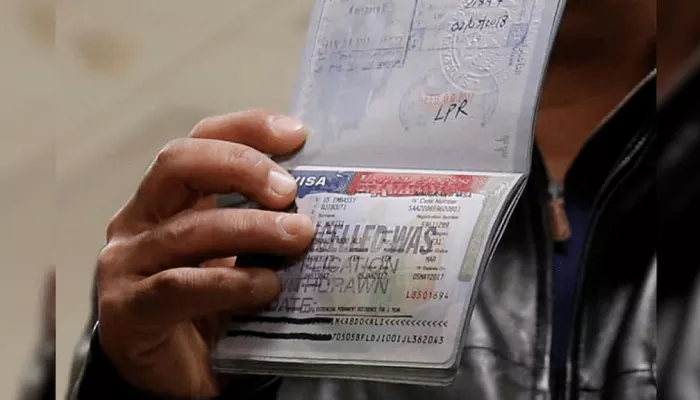MUMBAI — After facing two consecutive rejections, an Indian applicant has successfully obtained a U.S. B2 tourist visa from the U.S. Consulate in Mumbai. Her story has since resonated with many aspiring travelers and has become an inspiring example for those navigating the complex visa process.
The applicant’s first attempt was during the early phase of the COVID-19 pandemic, a time when she lacked stable employment. Although her interview took place nearly 18 months later, she did not update her DS-160 form to reflect her new job status—an omission that contributed to her visa denial.
On her second try, she had more solid ties to India: a stable job, a committed relationship, and a well-settled life. However, she was advised to keep her responses brief and stick strictly to the questions asked. This minimalistic approach backfired, resulting in another rejection.
Undeterred, the applicant approached her third interview with renewed determination. She studied online study abroad guides, watched mock interview videos, and practiced her responses. But this time, instead of staying reserved, she opened up during the interview—sharing her full story, her deep family roots in India, and the encouragement she received from her parents to reapply despite previous setbacks.
The visa officer took the time to listen, asked follow-up questions, and ultimately issued a 221(g) notice, requesting additional documentation—specifically, her parents’ U.S. visa copies.
Her parents, who were planning to visit their son studying abroad, quickly received their own B2 visas with minimal questioning. Once their visa documents were submitted, her application was approved.
She expressed heartfelt gratitude to the consular officer for being patient and empathetic, encouraging other applicants to be honest and forthcoming in their visa interviews.
The story serves as a reminder for prospective travelers that preparation, honesty, and perseverance are key—especially when dealing with visa challenges. For many with family ties to the U.S., including those with children or siblings studying abroad, thoughtful preparation can make all the difference.


